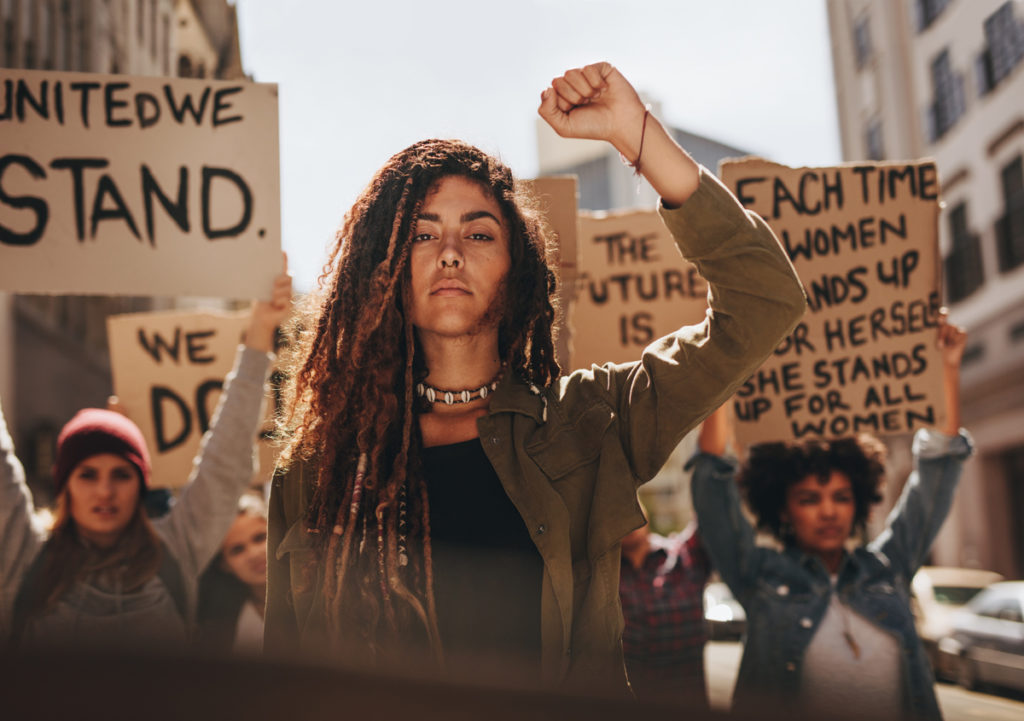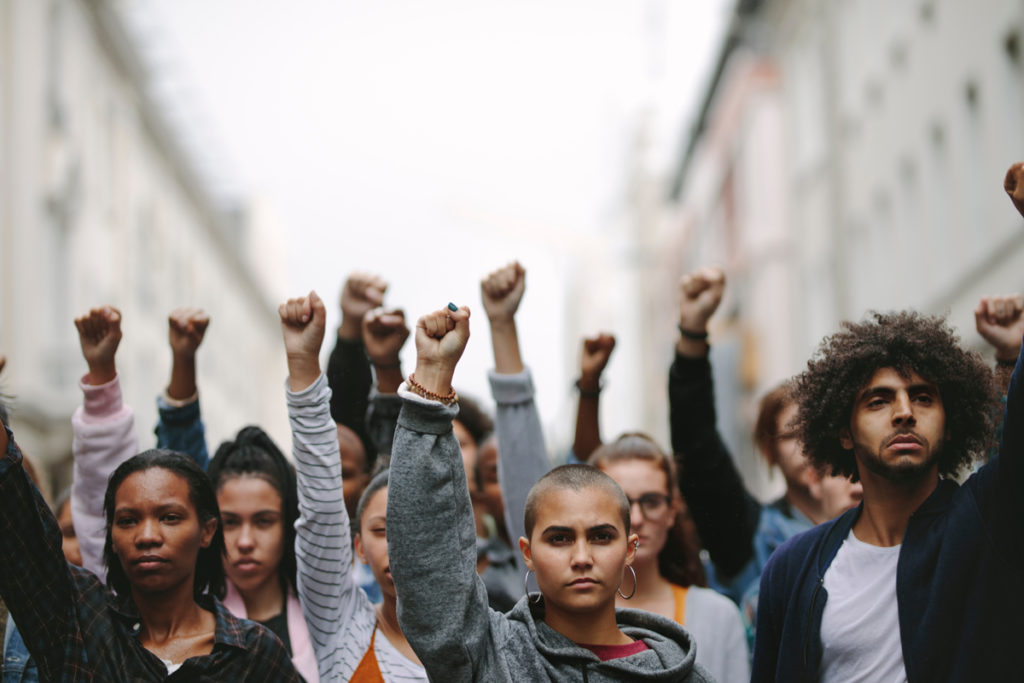04.03.2021
An opinion by Terry Reintke, Greens/EFA MEP.
Gender-based violence (GBV) is one of the most systematic and widespread human rights violations in the world, claiming thousands of lives every year even before the pandemic. Under COVID-19, it has surged worldwide into a shadow pandemic. It’s time the EU moves from empty words to concrete actions.

What do we know?
One in three women aged 15 or over in the EU has experienced physical and/or sexual violence. Around half of all women in the EU have experienced sexual harassment. For people with disabilities, the numbers are even more terrifying. Evidence shows that globally, girls and young women with disabilities may face up to 10 times more violence than those without disabilities.
No harmonized data exists on the extent of femicide – the gender-related killing of women and girls – in Europe. However, experts at Women Against Violence Europe estimate that the number of victims is over a thousand a year. Half of women killed are killed by their partners or family members.
Cases of gender-based violence skyrocket during every type of emergency; in conflicts, economic crises, natural disasters and disease outbreaks. The economic and social stress caused by the COVID lockdown measures has exacerbated pre-existing problems by enabling an environment for coercive control. In France, during the first few months of the lockdown, cases of GBV went up by 30%. The United Nations has called the tragic turn of events a “shadow pandemic”.
The availability of support services was already dragging far behind expert recommendations even before COVID. There is a severe lack of specialist services for survivors of sexualised violence in Europe, with approximately 87% of rape crisis centres or sexual violence referral centres missing in EU countries and 99% missing in non-EU countries.
Throughout Europe, service providers have been overwhelmed with cries of help. Data from the Italian National Statistics Institute shows that calls to a GBV hotline increased in Italy by +59% in 2020, compared to 2019. In Greece, a government hotline received a 230% increase in just one month following lockdown.
Victims have found themselves being cut off from the reach of normal support services. Shelters for victims of GBV are reaching capacity or have become completely unable to take in new victims due to lockdown restrictions or cuts to their funding.
As our lives have moved to online spaces, new forms of violence have also emerged. Before the pandemic, one in 10 women in the EU reported having experienced cyber-harassment since the age of 15. Attacks of gender-based violence have hit the screens of more victims in the form of physical threats, sexual harassment, stalking, zoombombing, deepfakes or even unconsensual pornographic videos displayed while women have been participating in events online.
Each experience of GBV is different, and it’s essential to acknowledge the different factors that make certain groups of individuals more vulnerable. Migrant women, women of colour, trans women, indigenous persons, disabled persons, non-binary and gender diverse folks are particularly vulnerable to violence. Class, race, ability, age, religion, gender expression and identity, along with many other factors, affect who is likely to experience gender-based violence.
As an expression of outdated gender stereotypes, GBV doesn’t only affect women, but anyone who doesn’t conform to outdated gender norms. Trans women, trans feminine and non-binary people, and especially those of colour, face drastic amounts of violence. Their experiences must not be erased.

What can the EU do?
The EU still has no directive obliging its member countries to put an end to gender-based violence.
Gender-based violence threatens a person’s physical and psychological integrity. A life free of violence is a basic human right, one that every person deserves.
We are now calling on the European Commission to protect our safety and step up its efforts on ending GBV and truly committing to protecting the safety of its citizens.
Join us by signing our petition and help us to send a message to the Commission. Let the Commission know that the EU needs to scale up its efforts by preventing violence from happening in the first place, ending impunity to perpetrators, and providing necessary services for those surviving violence.
